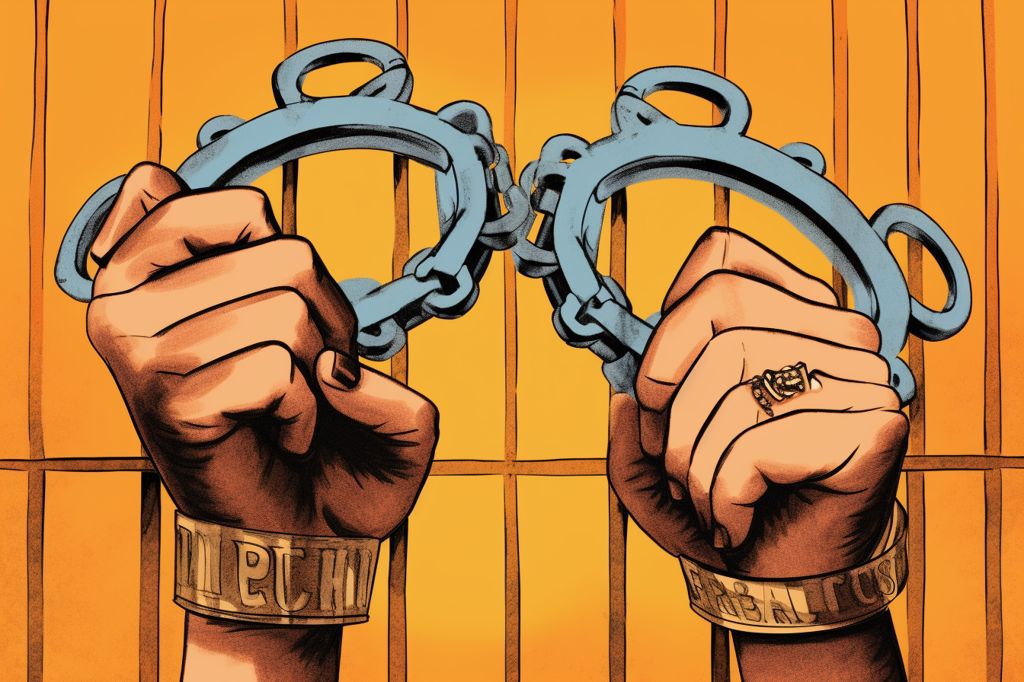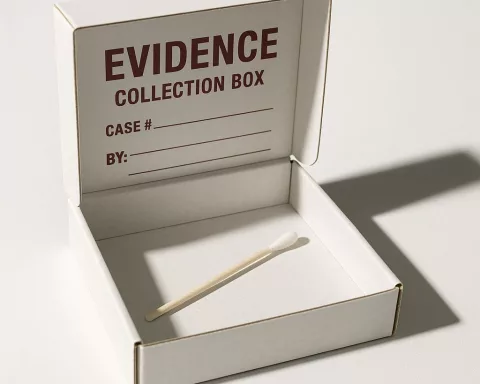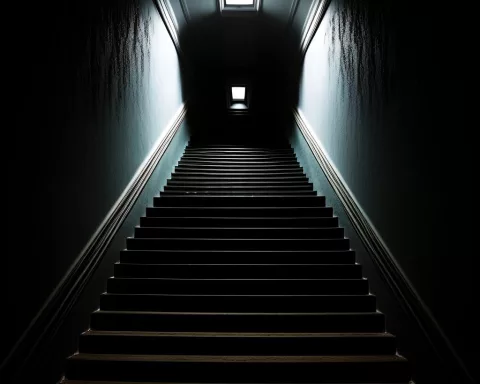A viral video of Dr. Nandipha Magudumana, a celebrity aesthetics doctor, walking outside the Bloemfontein Magistrates Court without handcuffs has caused widespread debate on social media. Dr. Nandipha is currently facing multiple charges, including assisting a convicted criminal to escape from custody, tampering with a corpse, fraud, and defeating the ends of justice. She appeared in court on 20 June alongside her boyfriend, Thabo Bester, and seven others, and is scheduled to reappear on 8 August.
Accusations of “Pretty Privilege”
Dr. Nandipha’s arrest in Tanzania in March has led to accusations of “pretty privilege” on social media. Many users claim that her physical appearance has resulted in preferential treatment, such as not being handcuffed like her co-accused. The video of Dr. Nandipha walking casually beside a police vehicle without handcuffs, escorted by a female police officer, has further fueled these allegations.
Investigative journalist Mzilikazi wa Afrika shared the video on Twitter, questioning the actions of the South African Police Service (SAPS). However, SAPS defended their decision, stating that Dr. Nandipha’s suspect profile required the presence of skilled members who only deal with medium and high-risk incidents. According to Brigadier Athlenda Mathe, Dr. Nandipha was closely escorted by a female Tactical Response Team (TRT) member at all times.
Police Protocol
SAPS also clarified that Nandipha, like all persons in custody, was not required to be handcuffed while in the back of a patrol van, to prevent injury during transportation. The police also outlined the security measures taken when transporting high-risk individuals, such as the use of a secure canopy equipped with padlocks in SAPS vans and thorough searches to remove any potentially dangerous objects.
Implications and Reflection
The controversy surrounding Dr. Nandipha’s court appearance raises questions about the role of appearance in the criminal justice system and the potential for “pretty privilege” to affect the treatment of suspects. While the police maintain their actions were justified and in line with standard procedures, the public’s perception of favoritism and bias cannot be ignored.
The broader implications of this debate extend beyond the high-profile case of Dr. Nandipha Magudumana and her co-accused. The notion of “pretty privilege” has sparked discussions on the interplay between attractiveness, power structures, and societal expectations. Furthermore, the public’s engagement with this issue highlights the importance of transparency and accountability in law enforcement and the criminal justice system.
As Dr. Nandipha’s case returns to court in August, further developments are anticipated, both in the courtroom and in the court of public opinion. The conversation surrounding “pretty privilege” and its potential impact on the criminal justice system will likely continue, providing an opportunity for reflection and analysis on the role of appearance in various aspects of society.












